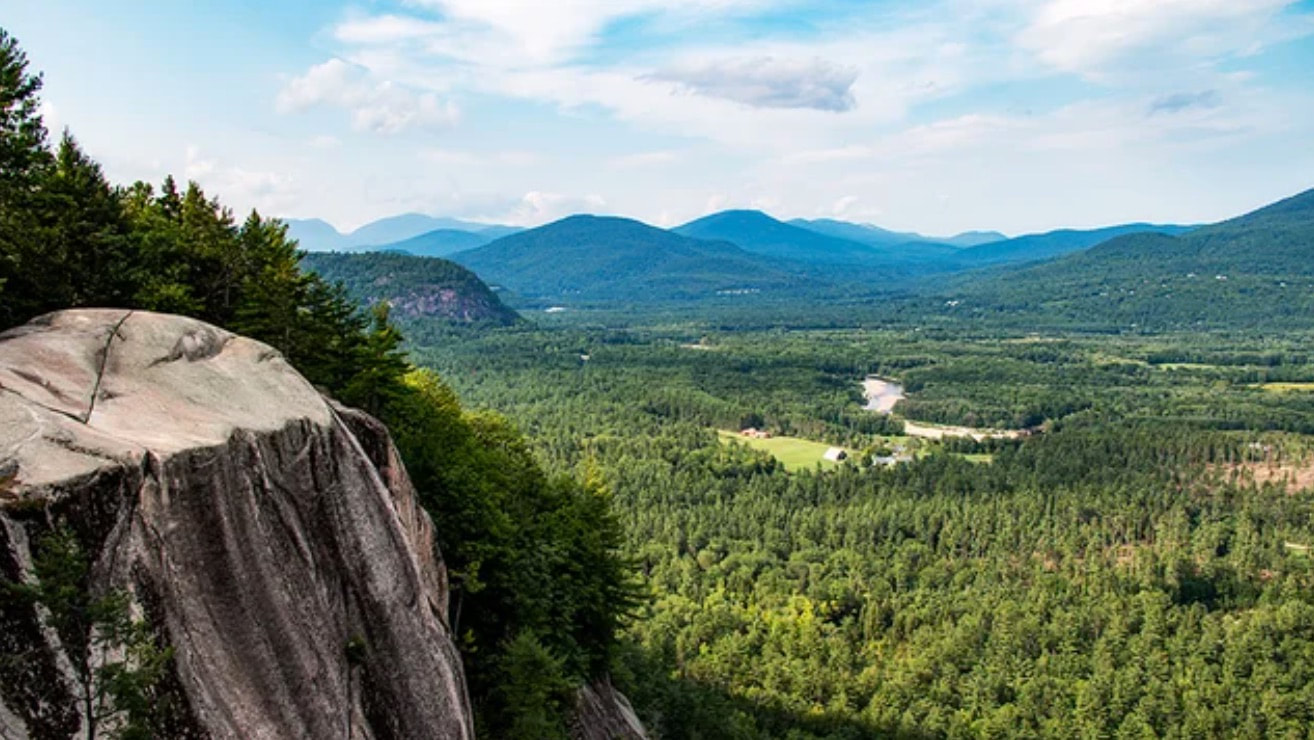The Great American Outdoors Act, which passed in a 73-25 vote, would permanently provide $900 million in oil and gas revenues for the Land and Water Conservation Fund (LWCF), which helps secure land for trails and parks. The legislation will also put $6.5 billion toward addressing a maintenance backlog at national parks.
“Permanent LWCF funding will help improve access to public lands, including providing important access for hunting and fishing opportunities, and will ensure the program remains an important contributor to a strong and growing outdoor recreation economy that will benefit state and local economies throughout our nation,” Sen. Joe Manchin (D-W.Va.), who was part of a bipartisan group that introduced the bill, said in a floor speech.
The bill, which has broad bipartisan support, now heads to the House. The legislation also recently secured the backing of President Trump, who in earlier budgets proposed cutting the conservation fund by about 97 percent.
The election year reversal stands to benefit two particularly vulnerable Republican senators — Cory Gardner (Colo.) and Steve Daines (Mont.) — who are chief backers of the bill and who Trump cited when announcing his support.
"I am calling on Congress to send me a Bill that fully and permanently funds the LWCF and restores our National Parks," Trump tweeted in March. "When I sign it into law, it will be HISTORIC for our beautiful public lands. ALL thanks to @SenCoryGardner and @SteveDaines, two GREAT Conservative Leaders!"
Securing permanent funding for the LWCF caps a multiyear effort to shore up funding to preserve vast stretches of U.S. wilderness for recreation.
The program secured permanent authorization last year, but its funding was never guaranteed.
“This legislation affects all four corners of Colorado, but it also affects every part of this country,” said Gardner. “From sea to shining sea, ... The Great American Outdoors Act will provide billions of dollars in opportunity for recreation.”
Billions of dollars in repairs to National Park System have been delayed because of budget constraints.
As of 2018, that backlog consisted of nearly $12 billion worth of deferred repairs.
Republicans who opposed the legislation raised concerns about the cost of taking care of the maintenance backlog as well as spending the oil and gas revenues on the LWCF.
“It’s expensive, shortsighted and it’s wrong,” said Sen. Mike Lee (R-Utah). He argued that the money coming from oil and gas “is currently going to the United States Treasury to pay for a number of other costs ... and will only add to our already ballooning national debt.”
Some lawmakers also had wished there was an amendment process.
"There are things that we can do to improve this bill," said Sen. Lisa Murkowski (R-Alaska), who supported the bill. “I think I’ve got some very common sense ideas to expand the bill to include conservation-related priorities, priorities that make sense for Alaska, priorities that make sense for our states across the country.”
To read the full article in TheHill, CLICK HERE.

 RSS Feed
RSS Feed